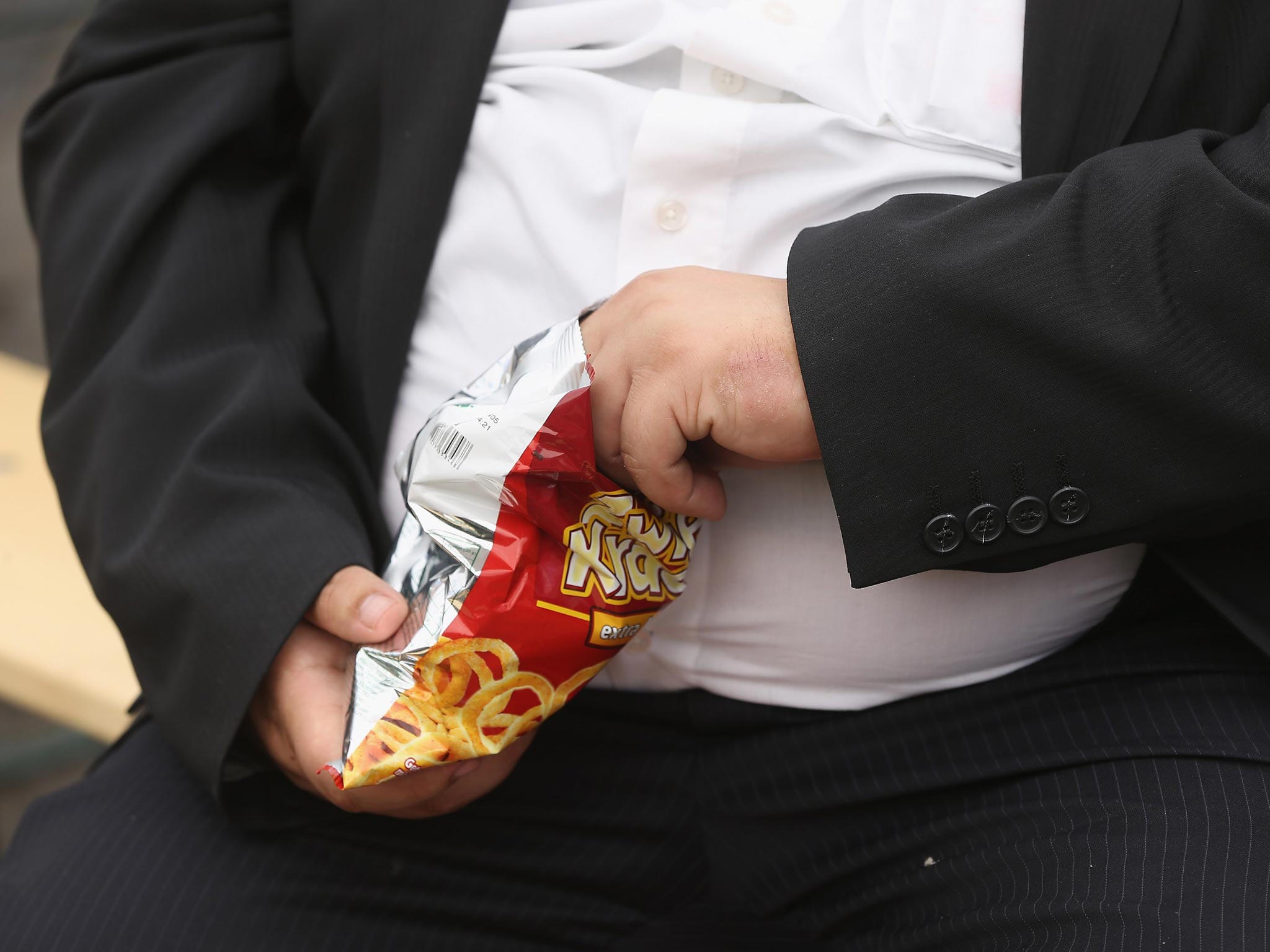Obesity now seen as normal by society, warns Chief Medical Officer
In her annual report, Dame Sally added that many people did not recognise when they are overweight

Your support helps us to tell the story
From reproductive rights to climate change to Big Tech, The Independent is on the ground when the story is developing. Whether it's investigating the financials of Elon Musk's pro-Trump PAC or producing our latest documentary, 'The A Word', which shines a light on the American women fighting for reproductive rights, we know how important it is to parse out the facts from the messaging.
At such a critical moment in US history, we need reporters on the ground. Your donation allows us to keep sending journalists to speak to both sides of the story.
The Independent is trusted by Americans across the entire political spectrum. And unlike many other quality news outlets, we choose not to lock Americans out of our reporting and analysis with paywalls. We believe quality journalism should be available to everyone, paid for by those who can afford it.
Your support makes all the difference.Obesity is becoming a norm in society, England’s Chief Medical Officer has warned in her annual report on the state of the nation’s health.
Dame Sally Davies said that too many people ignore the problem of obesity, and claimed that a “sugar tax” may be necessary to encourage people to have healthier diets – advice she gave MPs earlier this month when she said she believed “research will find sugar is addictive”.
“I am increasingly concerned that society may be normalising overweight,” she wrote, citing: “larger mannequins are being introduced into clothes shops; 'size inflation' means that clothes with the same size label have become larger in recent decades; and news stories about overweight often feature pictures of severely obese people, which are unrepresentative of the majority of the overweight population.”
She also claimed that people do not recognise that they have weight problems, with 52 per cent of overweight men and 30 per cent of overweight women believing they are a healthy size, she warned.
Dame Sally added that children are being being put at risk of developing illnesses including diabetes, asthma, musculoskeletal problems and heart disease.
She cited figures showing that between 2006/2007 and 2012/13, 27,860 children every year were found to be severely obese - on or above the 99.6th centile for weight.
The prevalence of the condition is being exacerbated by adults and children consuming more sugar than they should, she said, and explained that a third of added sugar in the diet of 11 to 18-year-olds comes from “easily avoidable sources” such as fizzy drinks, smoothies and fruit juices with added sugar.
Her proposal to introduce a sugar tax clashes with the Government’s approach which involves asking manufacturers and food giants to sign up to voluntary codes with the aim of avoiding legislation on the issue.
“If voluntary efforts fail to deliver then we, as a society, may need to consider the public health benefits that could be derived from regulation such as a 'sugar tax',” she advised in her report.
She also pointed to statistics showing that most people fail to meet the 2.5 hours recommended level of exercise, but found that adults watched an average of 1,648 minutes (27.5 hours) of television per week in 2013.
Simon Gillespie, Chief Executive of the British Heart Foundation, said: "This report is yet another reminder that we can no longer turn a blind eye to the numbers on the scales.
“It's particularly troubling that around a third of children in the UK are now overweight or obese. Parents, schools and local communities all have a part to play to help kids reduce their risk of heart disease by eating well and keeping active.
“But the Government also needs to protect young hearts by stopping children being bombarded with junk food marketing. By placing a 9pm watershed on TV ads for junk food and regulating marketing tactics used to target kids online they can make it easier for families to eat healthily.”
Professor Kevin Fenton, national director of health and wellbeing at Public Health England, said: “PHE welcome the Chief Medical Officer's report and we share her concerns on the normalisation of obesity.
"Overweight and obesity costs the NHS over £5 billion each year and is entirely preventable. PHE are committed to helping to tackle obesity through a range of approaches that support action on the local environment to make eating less and being more physically active, easier."
Additional reporting by PA
Join our commenting forum
Join thought-provoking conversations, follow other Independent readers and see their replies
Comments